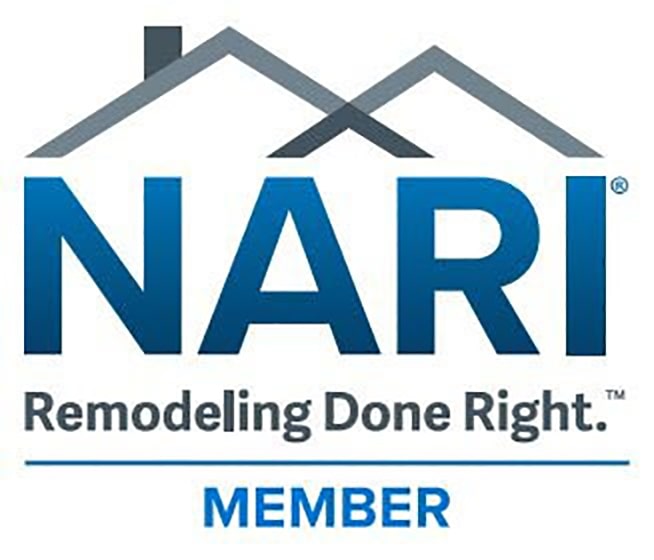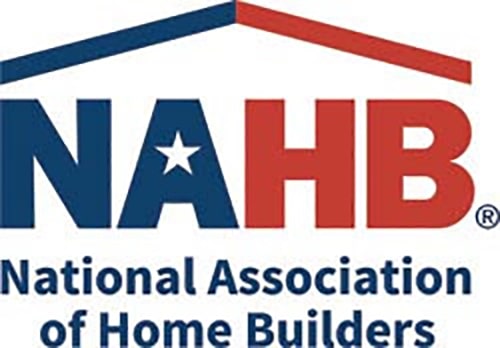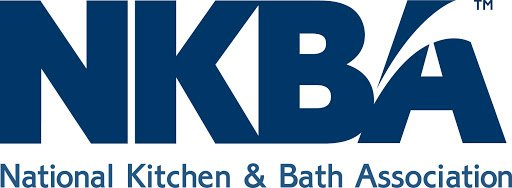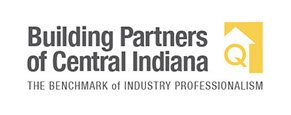The unsteady housing market in the United States has opened up new entrepreneurial opportunities in the rental market for many people who were once closed off from purchasing property at all. According to the National Multi-Housing Council (NMHC), about one-third of United States households live in rental properties, which means there is definitely money to be made as a rental property owner. The question is, are you up for the challenge?
Just as with anything worthwhile, there is a huge learning curve for anyone interested in delving into the world of rental properties. Here are some general tips and linked resources on where to find information on the subject of rental properties and the law, what to look for when selecting units for purchase, and how you can be sure that you’re within the law when choosing the right tenants.
Educate Yourself
Before you even begin your search for rental properties, educate yourself in the relevant areas of law surrounding renters and your rental property responsibilities. Is this an obvious tip? Sure, but do you know where to look for reputable tips and advice on how to enter the rental property market, and what to do once you get there?
The laws related to owning rental property are complex and cover everything from who’s responsible for car accidents on your property to how to legally evict a tenant. So, the importance of obtaining your information from official sources, such as federal and state governmental housing agencies, cannot be overstated. When you decide to become a landlord, your actions immediately fall under a new set of state and federal laws. If you follow advice from an untrustworthy source, you set yourself up for potential liability related claims on subjects including discrimination, wrongful eviction, and property repairs.
Where to Buy
If you’ve just started your search for rental properties, you already know that there are seemingly endless purchase opportunities available to you. So, how do you know where to begin? The internet offers a lot of advice on this subject, but, again, be cautious about which site you turn to for advice. Here are a few quick tips from the pros:
- If you will be a hands-on landlord, look for properties that offer a relatively easy commute for you. As the owner, it will be your responsibility to handle inspections and repairs, and you’ll need to get them done in a timely manner.
- Target your search to areas that show projected growth, and don’t have unusually high unemployment rates. Consider purchasing homes and apartment units that are located near colleges and universities because the population in those areas tends to stay fairly consistent year-round.
- Don’t forget to factor in the annual property tax rate when calculating the total cost of the rental purchase. The renter’s won’t be directly footing the bill for it, after all.
Tenant Selection
Once you’ve closed on a property and are ready to rent it out, it’s time to find the perfect tenants. Here’s where it gets especially tricky for rental property owners who have decided not to hire property managers, but will be handling the screening process themselves. You have spent a lot of time and money on your new rental property, so it’s imperative that you properly screen applicants to find quality tenants who will take care of your investment. It’s just as important, though, that you follow the federal fair housing laws, and not inadvertently discriminate against a potential tenant. Keep in mind that, over and above federal law, some states establish their own housing laws that include protection for groups that aren’t covered under federal law.
Buying and renting out investment properties is a big endeavor for anyone, especially first time landlords. The key components of the process include educating yourself on the laws (both federal and state), determining the best areas to purchase property, and finding responsible tenants. If you cover all of your bases right, your new business venture could end up reaping rewards for you for years to come.














